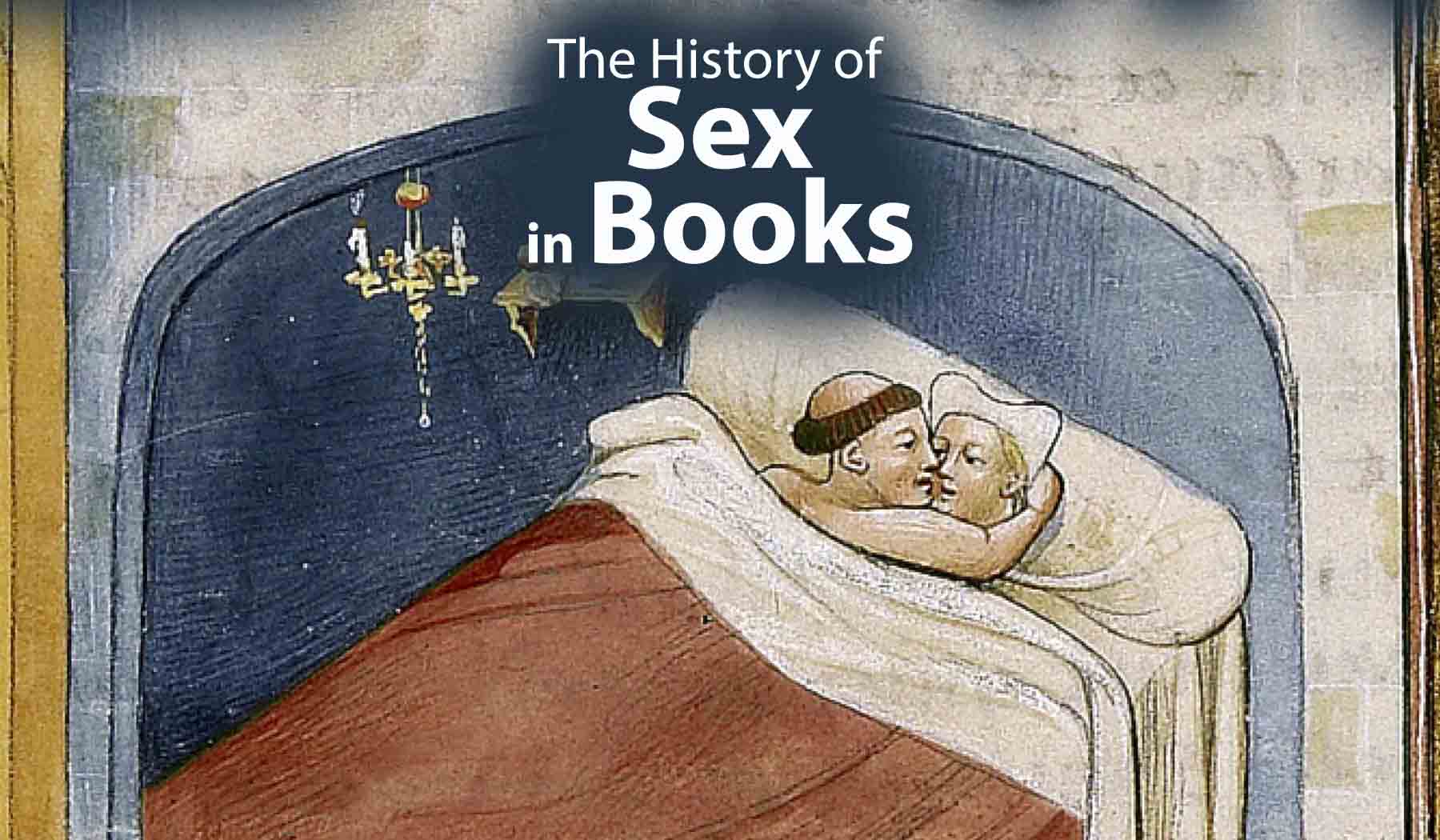The portrayal of sex in literature has always been a captivating and controversial subject, reflecting the attitudes and values of different societies throughout history.
From the earliest known written works to contemporary novels, the depiction of sex has evolved significantly, leaving an indelible mark on the literary world.
In this comprehensive blog post, we will delve into the fascinating history of sex in books, exploring its transformation from taboo to an integral part of storytelling.
Sex in Ancient Literature
Sexual themes in literature have a long and storied past, dating back to ancient civilizations.
In various cultures, sex was often intertwined with myths, religious texts, and poetry, serving both educational and ritualistic purposes.
- Ancient Mesopotamia: The famous Epic of Gilgamesh, one of the earliest surviving works of literature, features themes of sex and desire, portraying the protagonist’s romantic pursuits.
- Ancient Greece: From the sensuality of Sappho’s poetry to the explicit depictions in Aristophanes’ comedies, sex was a common theme in Greek literature, reflecting their relaxed attitudes towards sexuality.
- Ancient Rome: Roman literature, exemplified by Ovid’s “Ars Amatoria” (The Art of Love), offered guidance on seduction and sexual relationships.
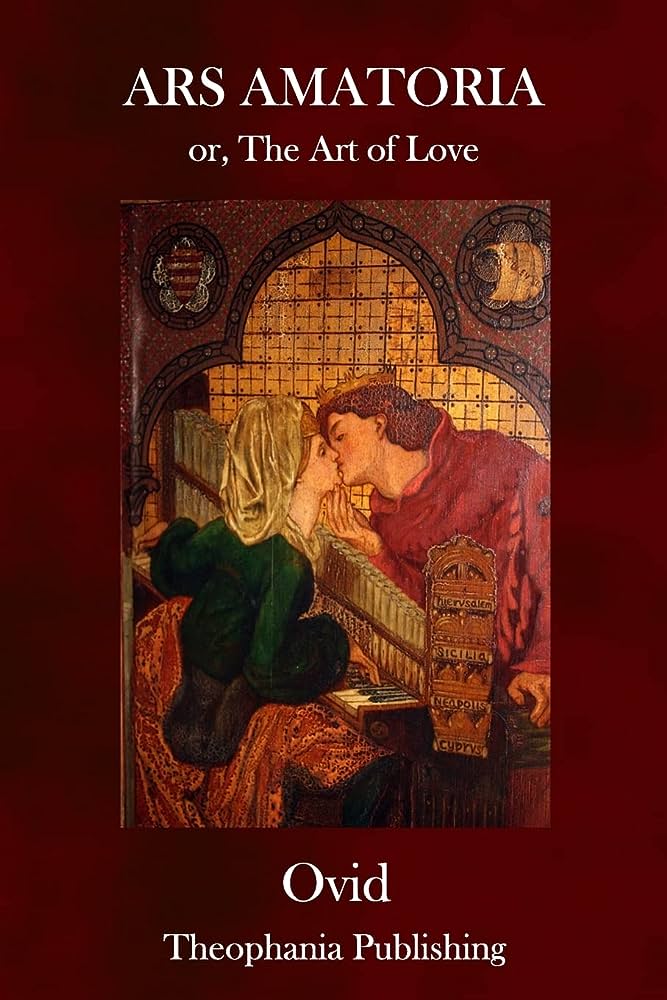
Medieval Era and the Rise of Censorship
As the Middle Ages dawned, attitudes towards sex began to shift, largely influenced by the rise of Christianity and its emphasis on sexual restraint.
This era saw increased censorship and moralistic restrictions on literary works.
- The Decameron: Giovanni Boccaccio’s collection of novellas introduced frank discussions on sex, relationships, and human desires, but also faced criticism from moralists.
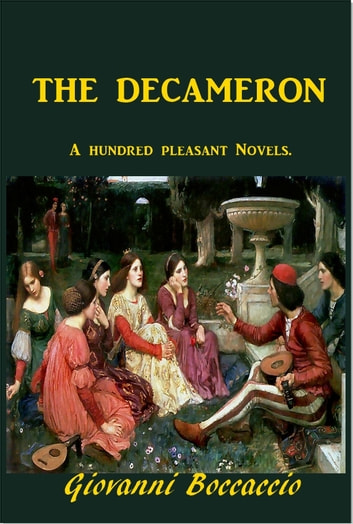
The Enlightenment and Liberation of Expression
With the onset of the Enlightenment in the 17th and 18th centuries, the shackles of censorship began to loosen, leading to a more liberated expression of sexuality in literature.
- John Cleland’s “Fanny Hill”: Published in 1748, this novel is considered one of the first erotic works in English literature, boldly exploring the sexual exploits of its protagonist.
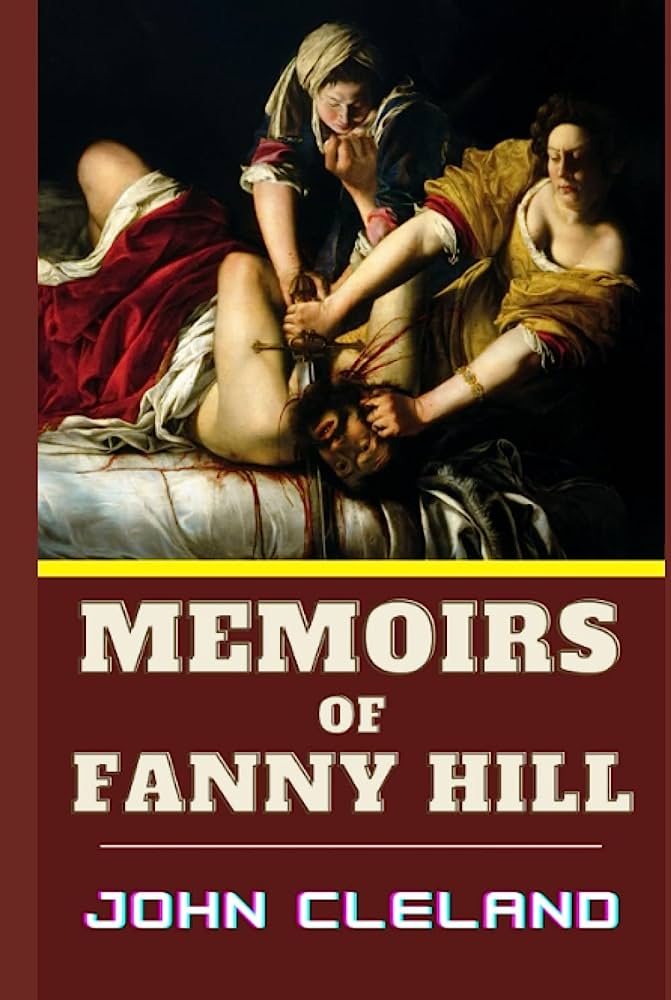
Victorian Era and Repression
The Victorian era, known for its prudishness and sexual repression, imposed strict moral codes on literature, resulting in a surge of clandestine erotic texts.
- The Notorious “Fanny Hill” Ban: “Fanny Hill” faced severe condemnation and was banned for its explicit content, but clandestine copies circulated, highlighting the public’s curiosity about sexual themes.
Early 20th Century: Breaking Taboos
The early 20th century saw a gradual relaxation of societal norms, allowing authors to challenge sexual taboos in their works.
- D.H. Lawrence’s “Lady Chatterley’s Lover”: This novel, published in 1928, tested the boundaries of acceptable sexual content and sparked significant controversy.
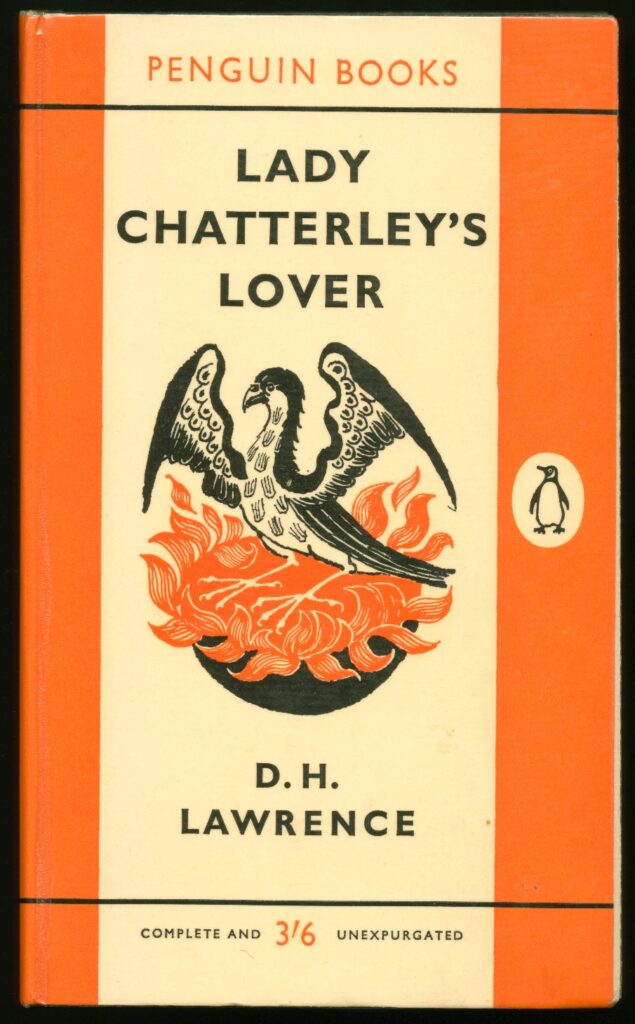
Sexual Revolution and Contemporary Literature
The sexual revolution of the 1960s and 1970s had a profound impact on literature, encouraging more open and explicit discussions about sex.
- Henry Miller’s “Tropic of Cancer”: This groundbreaking novel, published in 1934 but banned in the U.S. until 1961, offered a raw and uninhibited portrayal of sexual experiences.
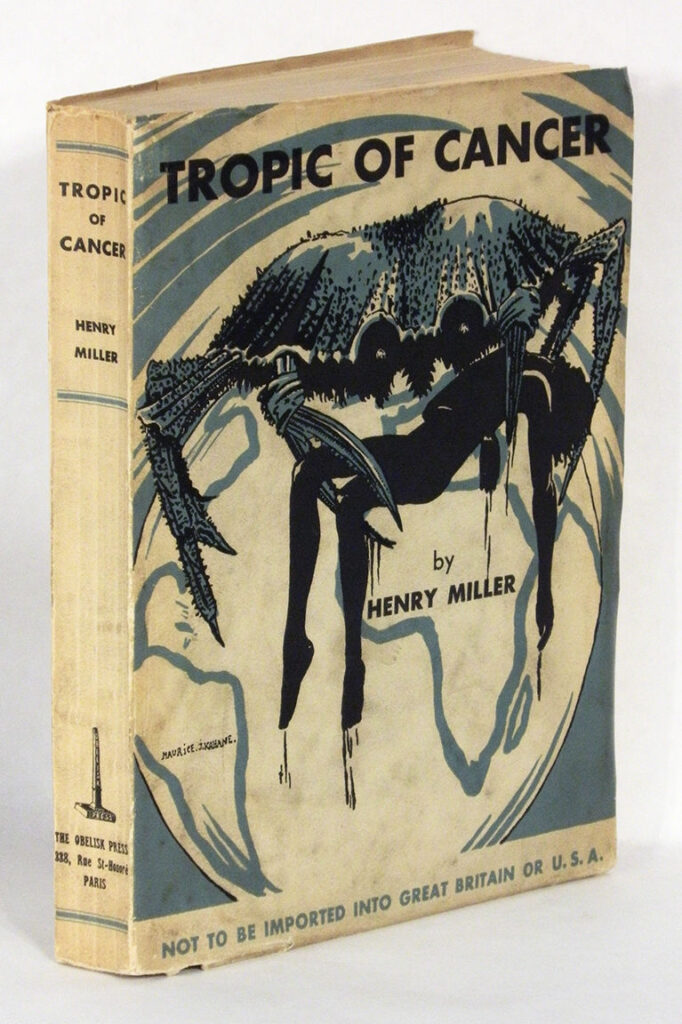
Modern Literature and Diverse Perspectives
In the modern era, literature continues to explore sex and relationships through diverse perspectives, breaking away from traditional gender roles and embracing LGBTQ+ themes.
- Margaret Atwood’s “The Handmaid’s Tale”: This dystopian novel, published in 1985, delves into themes of sexuality and power, sparking discussions about reproductive rights and autonomy.
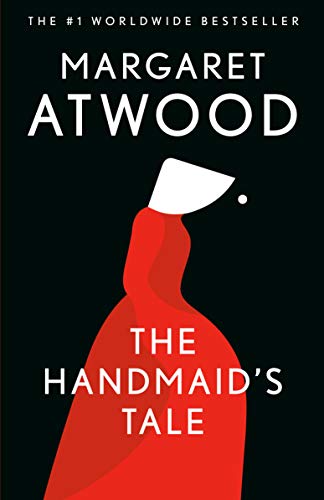
The History of Sex in Books is an Ever-evolving Narrative
From the ancient myths to contemporary works, authors have sought to unravel the complexities of human sexuality.
The journey from repression and censorship to liberation and openness has been a tumultuous one, but it highlights the power of literature in shaping and challenging cultural norms.
As we continue to explore new perspectives on sex and relationships, we must remember that the written word remains an essential tool for understanding and embracing the diverse aspects of human experience.
